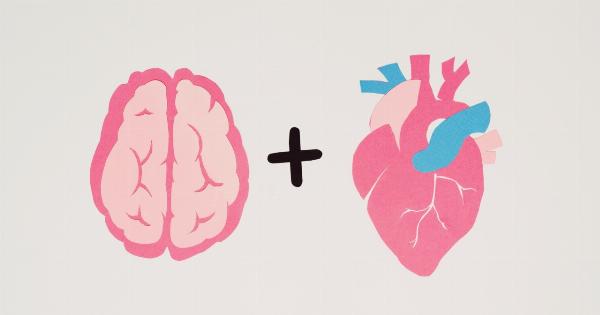Love is a beautiful thing that can bring about immense happiness, fulfillment, and increased levels of self-esteem. However, when love is unhealthy, it can lead to numerous negative emotions, including sadness, depression, anxiety, and low self-worth.
Below are ten common situations where love becomes unhealthy and creates problems in the relationship.
1. When One Person Becomes Overly Dependent on the Other
In a healthy relationship, both partners should be able to maintain a sense of independence and self-respect.
However, when one person becomes overly dependent on the other, it can lead to feelings of suffocation and a decrease in self-worth for both parties.
2. When Jealousy and Insecurity Take Over
Jealousy and insecurity are two of the most destructive emotions in any relationship. When one person constantly feels the need to monitor the other and becomes jealous over trivial matters, it can lead to resentment and a damaged sense of trust.
3. When One Person Seeks to Control the Other
In a healthy relationship, both partners should feel comfortable expressing their own opinions and making their own decisions. When one person seeks to control the other, it can lead to a sense of powerlessness and a loss of self-esteem.
4. When One Person Blames the Other for Their Failures
In unhealthy relationships, it is all too common for one person to blame the other for their own mistakes and failures. This can lead to a sense of hopelessness and a loss of motivation for both parties.
5. When One Person Lies to the Other
Honesty is a crucial component of any healthy relationship. When one person lies to the other, it can lead to feelings of betrayal and mistrust, which can be difficult to overcome.
6. When One Person Refuses to Compromise
Compromise is an essential part of any successful relationship. When one person refuses to compromise, it can lead to a sense of resentment and frustration for both parties.
7. When One Person Engages in Emotional or Physical Abuse
Emotional and physical abuse are never acceptable in any relationship. When one person engages in these behaviors, it can lead to feelings of fear, shame, and a loss of self-esteem for the victim.
8. When One Person Prioritizes Their Own Needs Over the Needs of the Relationship
In a healthy relationship, both partners should work towards a common goal and prioritize the needs of the relationship over their own individual needs.
When one person prioritizes their own needs, it can lead to feelings of neglect and a decrease in self-worth for the other person.
9. When One Person Uses the Other for Their Own Benefit
When one person uses the other for their own financial or emotional benefit, it can lead to a sense of worthlessness and a loss of self-respect for the victim.
10. When One Person Refuses to Communicate or Seek Help
Communication and seeking help are both important aspects of any healthy relationship. When one person refuses to communicate or seek help, it can lead to feelings of hopelessness and an inability to resolve conflicts.




























